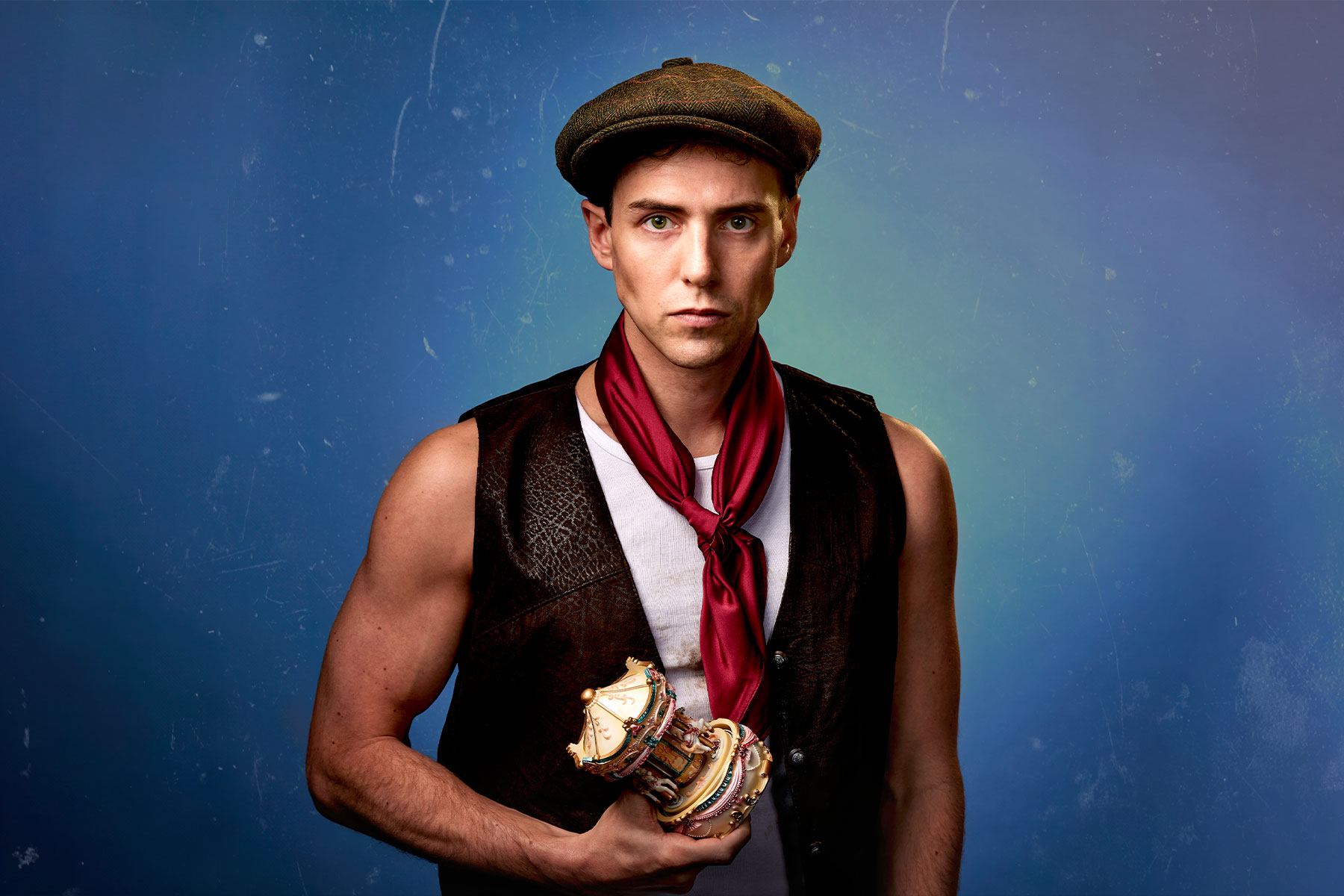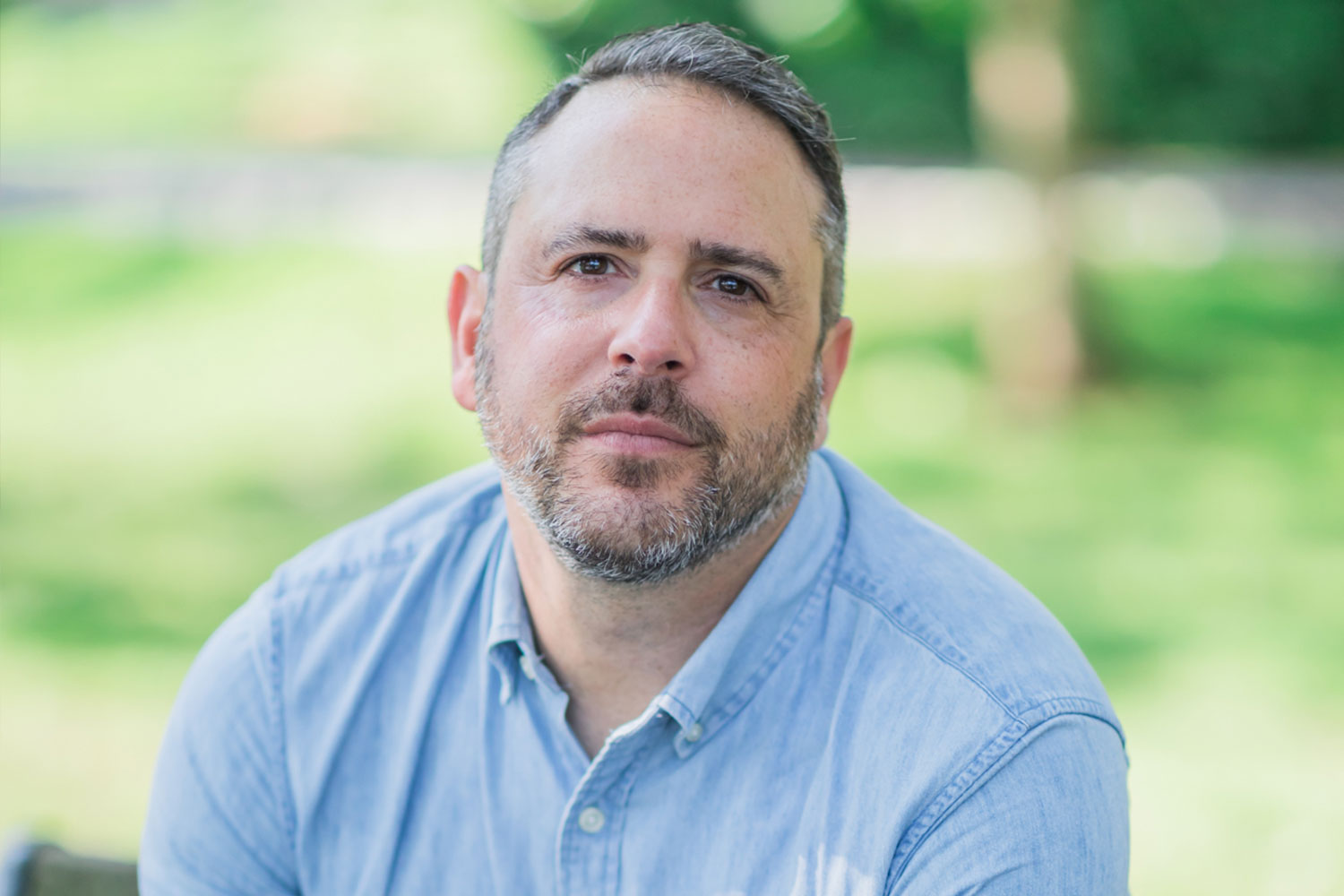The Dark Earth and the Light Sky

What a beautiful and unexpected play this is by Nick Dear, a study of the friendship between the Welsh poet Edward Thomas and his American counterpart Robert Frost, with contributions from Thomas’s wife, Helen, and their friend, the children’s author Eleanor Farjeon (sister of the revue writer Herbert Farjeon, and author of the hymn “Morning Has Broken”) who was probably in love with the bard.
It reminds me of Howard Brenton’s perfervid Bloody Poetry, a weekend party with the Shelleys and Lord Byron, but there’s a quite different, lingering elegiac atmosphere in Richard Eyre’s gorgeous production, which evokes birdsong in the trenches, light in the Gloucestershire woods and the ravages of the Great War.
Thomas died, unpublished and unsung, in 1917, his volunteering for action a matter of dispute among loved ones, his marriage to Helen unresolved in her bid for independence and – in Hattie Morahan’s extraordinary performance, at least – incipient madness, his friendship with Frost a battle of wills over motivation and popular acclaim.
Shaun Dooley’s bitter Frost is a self-assured foil to Pip Carter’s wonderfully insecure and sympathetic Thomas, a man who walks around with a child in swaddling clothes and a revolver in his pocket, a tormented loner given to long walks, metropolitan cabin fever and stand-up rows with his father (Ifan Huw Dafydd) over masculine, patriotic duty. It’s a performance that’s probably too unassuming to win any awards, but awards are what it deserves.
And the startlingly incisive Pandora Colin as Eleanor hovers affectionately between both Thomas and Helen, whetting our appetites for the big confessional scene that never arrives, because that would contravene the rules of engagement in these enervated circumstances.
Dear’s intriguing play and Eyre’s shimmering production – designed by Bob Crowley as an earthen countryside pit with a walled garden surround and distant vistas of silhouetted trees and farmhouses; it yields potatoes one minute, a battlefield explosion the next — will certainly send you rushing to the poetry shelves once more.
Thomas’s life was a catalogue of accidents and gestures that constitute a remarkable story of love and misunderstanding, of artistic uncertainty and honourable conviction, the sort of English life we cannot envisage any more, but which tells us more about our immediate past and the type of people we are today than many a dusty dissertation. It’s time to go over the top at the Almeida.










